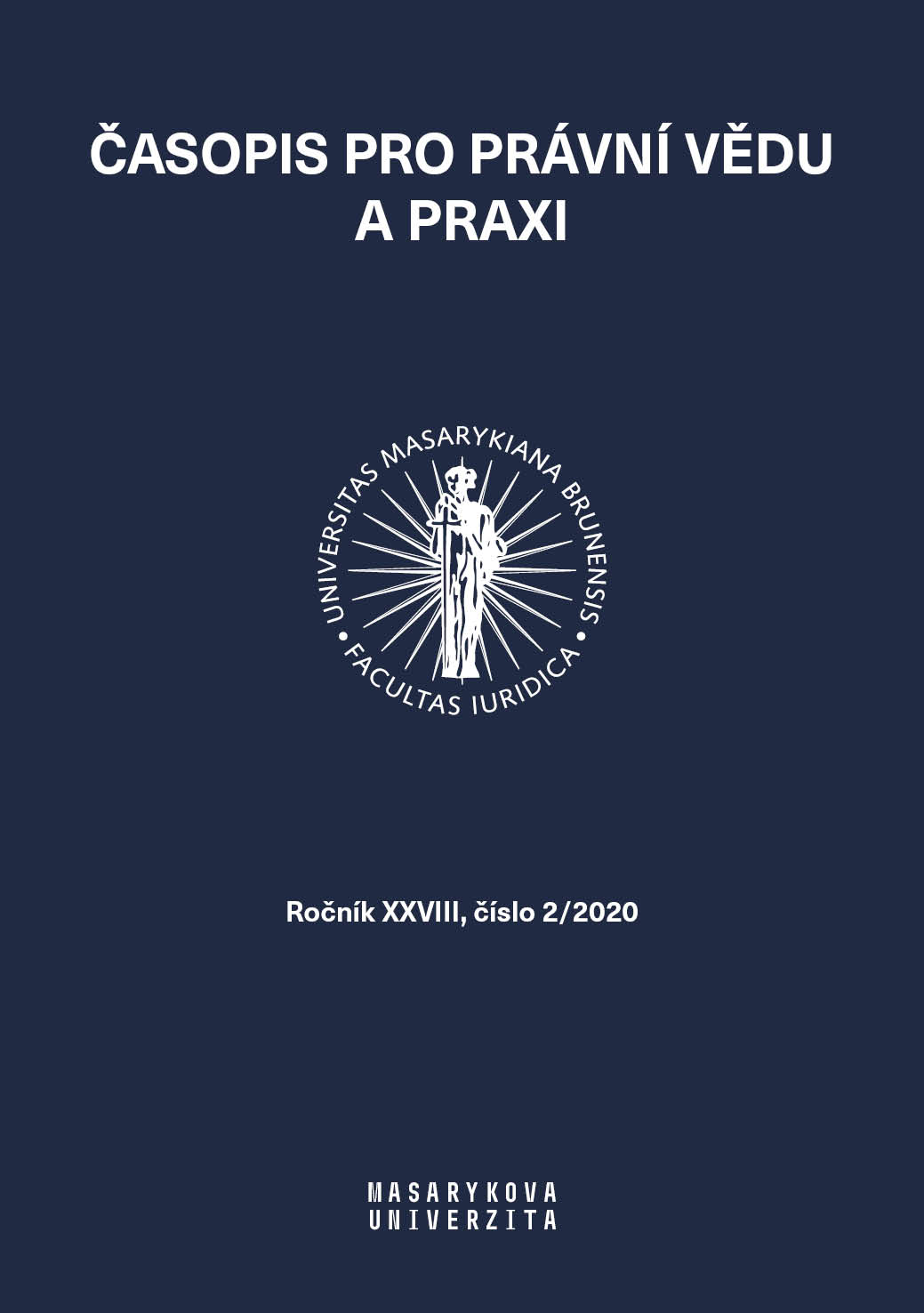Jak normativní je právní komparatistika?
How Normative is Comparative Law?
Author(s): Uwe KischelContributor(s): Luboš Tichý (Translator)
Subject(s): Philosophy of Law
Published by: Masarykova univerzita nakladatelství
Keywords: Comparative Law; Comparative Method; Functional Comparison; Contextual Approach; Hermeneutical Approach; Normative and Non-normative Context; Foreign Legal System.
Summary/Abstract: The discussion on methods in comparative law has continued unabated for decades. While traditional, functional comparison dominates in practice, many of its academic critics deplore its lack of „theory“. This conflict is exemplified by the question what is the significance of simple norms in comparative law. A practice-oriented, hermeneutical solution not only to this question but to the entire discussion on comparative methods is provided by the contextual approach to comparative law. It preserves the basic idea of the functional method while simultaneously avoiding its pitfalls and problems. Its hermeneutical approach in essence requires the comparatist to feel his way into the foreign legal system through a process of slow and diligent familiarization with the respective foreign law and with the normative as well as non-normative setting of the concrete rule under consideration. One helpful tool for this process is an overall type comparison of legal systems worldwide, which aggregates basic insights and experiences about these systems into a defined set of different legal contexts. Ultimately, comparative law is just as normative as it is non-normative: Only norm and context combined lead to true understanding.
Journal: Časopis pro právní vědu a praxi
- Issue Year: 28/2020
- Issue No: 2
- Page Range: 171-188
- Page Count: 18
- Language: Czech

